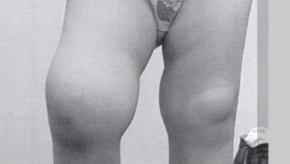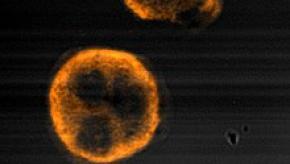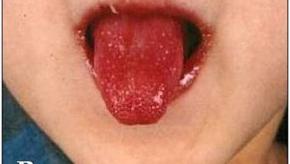All News
Managing JDM with Calcinosis
Dr. Jack Cush reviews the news and journal reports from this past week on RheumNow and discusses a case of refractory juvenile dermatomyositis with calcinosis.
Read ArticleRituximab Efficacy in Systemic Sclerosis
The DESIRES trial studied rituximab (RTX) in patients with systemic sclerosis (SSc) and showed clinically significant improvement in skin and lung outcomes after a subsequent 24-week open-label extension phase.
Read ArticleJUNIPERA Study - Secukinumab in Juvenile PsA & ERA
JUNIPERA study evaluated secukinumab (SEC) in children with enthesitis-related arthritis (ERA) and juvenile psoriatic arthritis (JPsA) and was found to be safe and effective in patients with active ERA and JPsA who previous failed to respond to conventional therapy.
Read ArticleHit Parade Review (8.12.2022)
We've got a lot to discuss this week: psoriasis; fatigue; sleep; sural nerve biopsies; uveitis and SpA; diet and RA; tofacitinib and the ORAL surveillance study; what not to take with mycophenolate - and more. In what order should these items be discussed? This week the run down is based on popularity, measured by rheumatologist engagements on the website and social media.
Read ArticleCytomegalovirus Increases Thromboembolism Risk in ANCA-associated Vasculitis
Infection may play an important role in the genesis of vasculitis and ANCA seropositivity; this report suggests that past cytomegalovirus infection may be a risk in the occurrence of venous thromboembolism (VTE) in patients with anti-neutrophil cytoplasm antibody (ANCA)-associated vasculitis.
Read ArticleJAK Inhibitors in Difficult Still’s Disease
A small retrospective study suggests that patients with difficult to treat adult-onset Still's disease (AOSD) or sytemic juvenile idiopathic arthritis (sJIA) may respond well to JAK inhibitor (JAKi) agents - presumable by blocking pro-inflammatory cytokines, notably IL-6 and IFN.
Read ArticleNot Still’s – Now What?
Your patient doesn't meet criteria for Still’s disease (AOSD or sJIA), now what should you do or consider?
What you do or consider next can be addressed according to the stage of current disease: A) Hospitalized Febrile Disease, or B) Outpatient “Still’s” Disease.
Rheumatic Causes for Fever of Unknown Origin
Fever of unknown origin (FUO) represents a diagnostic challenge to many physicians and while cancer and infectious causes need to be excluded, rheumatic disorders are amongst the most common causes of FUO.
Read ArticleNintedinib’s Durable Efficacy in Systemic Sclerosis
Patients with interstitial lung disease (ILD) related to systemic sclerosis continued to see less progression when treated with nintedanib (Ofev) in the pivotal 100-week SENSCIS trial, researchers said.
Read ArticleEarly, Aggressive and Seropositive (7.22.2022)
Dr. Jack Cush covers the news and journal reports from the past week on RheumNow.com. This week we have Insights NAFLD, overdose deaths, septic arthritis, refractory stills, & when MTX doesn’t work.
Read ArticleFever Pitch (7.15.2022)
Dr. Jack Cush reviews the new studies and drug approvals and new insights into febrile disorders from the past week on RheumNow.com
Read ArticleStill’s Disease FAQs
What is the classic 'triad' of Still's disease? Does it affect males and females equally? What are typical lab findings? Which drugs are effective at treating Still's, and as importantly, which ones are not? What about complications? Read on for these and other FAQs regarding Still's disease.
Read ArticleMRP8/14 as a Biomarker in Systemic Juvenile Idiopathic Arthritis
A large cohort study of children with febrile disorders has demonstrated the diagnostic utility of Myeloid-related protein 8/14 (MRP8/14) in diagnosing systemic JIA patients (SJIA) in clinical practice.
Read ArticleRituximab Induction and Maintenance in Older ANCA–Associated Vasculitis Patients
A cohort study suggests that rituximab (RTX) use among patients 75 years and older with antineutrophil cytoplasmic antibody (ANCA)–associated vasculitis (AAV) is efficacious but also has a high risk of serious adverse events, likely related to associated steroid use and the advanced age of the po
Read ArticleRheumatic Associated Macrophage Activation Syndrome
Macrophage Activation Syndrome (MAS) is a hyperinflammatory condition that has a significant mortality risk and may arise in patients with rheumatic disease.
Read ArticleWhat Worries You, Masters You (7.1.2022)
Dr. Jack Cush reviews recent news, regulatory and guideline updates from the past week on RheumNow.com. Studies on methotrexate use, COVID vaccination, Supplements and vitamins, and arthrocentesis despite anticoagulation are discussed.
Read ArticleWhat Happened to Kawasaki Disease During COVID-19?
During the COVID-19 pandemic, a new COVID-related syndrome in children, the "Multisystem inflammatory syndrome in children" (MIS), was described as being similar to but distinctly different than childhood Kawasaki's disease (KD). A new epidemiologic report shows that while MIS-C cases rose, KD cases fell and remained low during the period of masking and school closure.
Read ArticleTwo Week Twitter (6.17.2022)
Dr. Jack Cush does a 2-week review of RheumNow Tweets on news and journal citations worth noting, along with some opinions on Telehealth, manpower, monkeypox and the price of drugs.
Read Article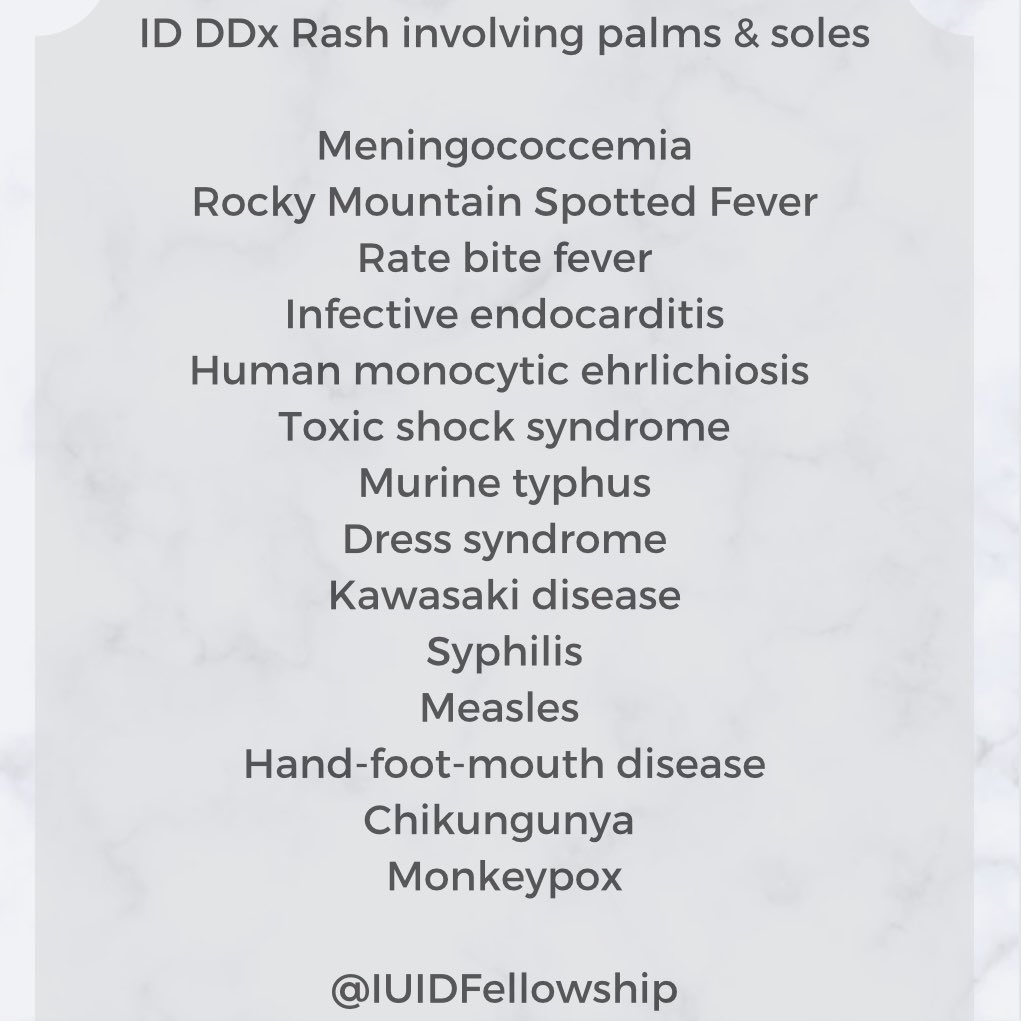
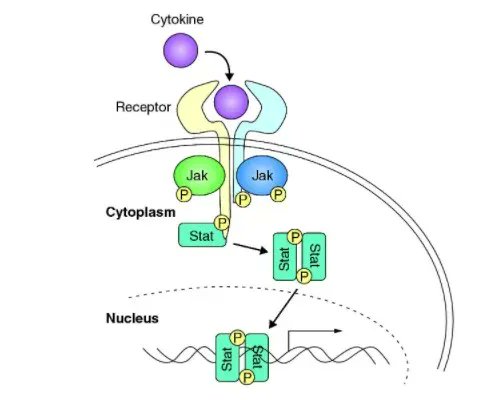
JAK/STAT pathway in pyoderma gangrenosum: a new therapeutic highway? Pyoderma gangrenosum (PG) is rare, but often associated with different forms of arthritis, in particular rheumatoid arthritis and inflammatory bowel diseases. https://t.co/SvkcZwqzBo https://t.co/M3BkoF4amb
Links:



